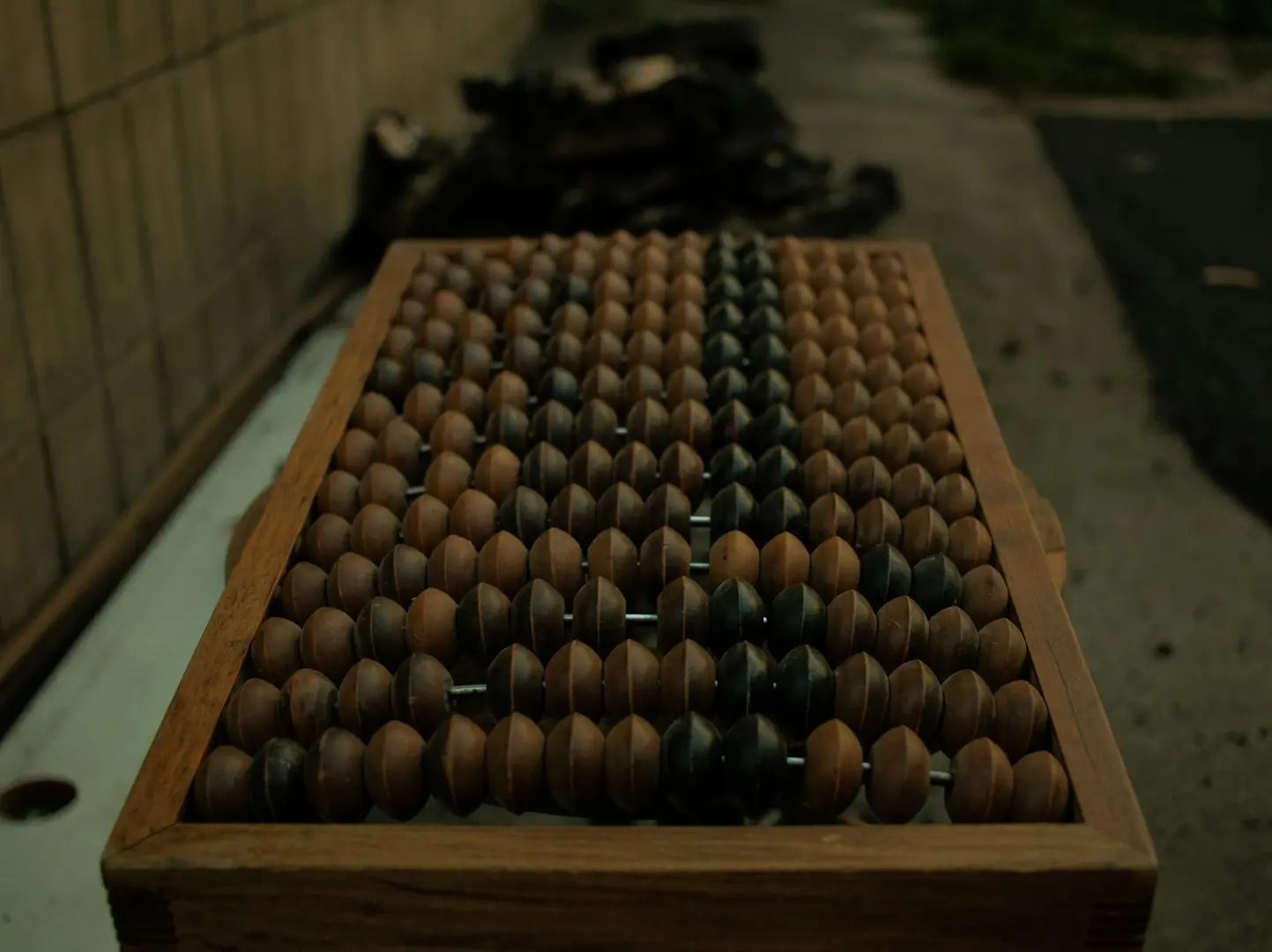
FAQs
The ideal age for learning abacus may vary depending on the individual's
cognitive development and interest. However, generally, children between the
ages of 5 to 14 years old are considered the best age group to start learning
abacus.
During this period, children have a high level of brain plasticity,
making it easier for them to learn and master new skills. Additionally, they
are in the early stages of cognitive development, which includes the
development of numerical and mathematical concepts.
By starting to learn the abacus at this age, children can develop strong
foundational skills in arithmetic and mental math, which can benefit them
throughout their academic and professional lives. Furthermore, learning the
abacus at a young age can help children develop concentration, memory, and
visualization skills, which can aid them in other areas of their life as well.
- Practice regularly: Consistency is key when it comes to improving your speed in the abacus. Try to practice for at least half an hour every day.
- Set specific goals: Decide on specific goals that you want to achieve within a particular time frame. For example, you can aim to solve a specific set of problems within a certain time limit.
- Focus on accuracy first: When practicing,
- focus on accuracy first before trying to speed up your calculations.
- Make sure that you are solving the problems correctly before trying to do them faster.
- Use visualization techniques: Abacus is all about visualizing numbers and using the beads to perform calculations.
- To improve your speed, try to visualize the numbers in your mind before moving the beads.
- Break down complex problems: Break down complex problems into smaller, more manageable steps.
- This will help you solve the problem more quickly and accurately.
- Use online resources: There are many online resources, such as abacus games and exercises, that can help you practice and improve your speed.
Contact Us
If you have more questions please don't hesitate to

